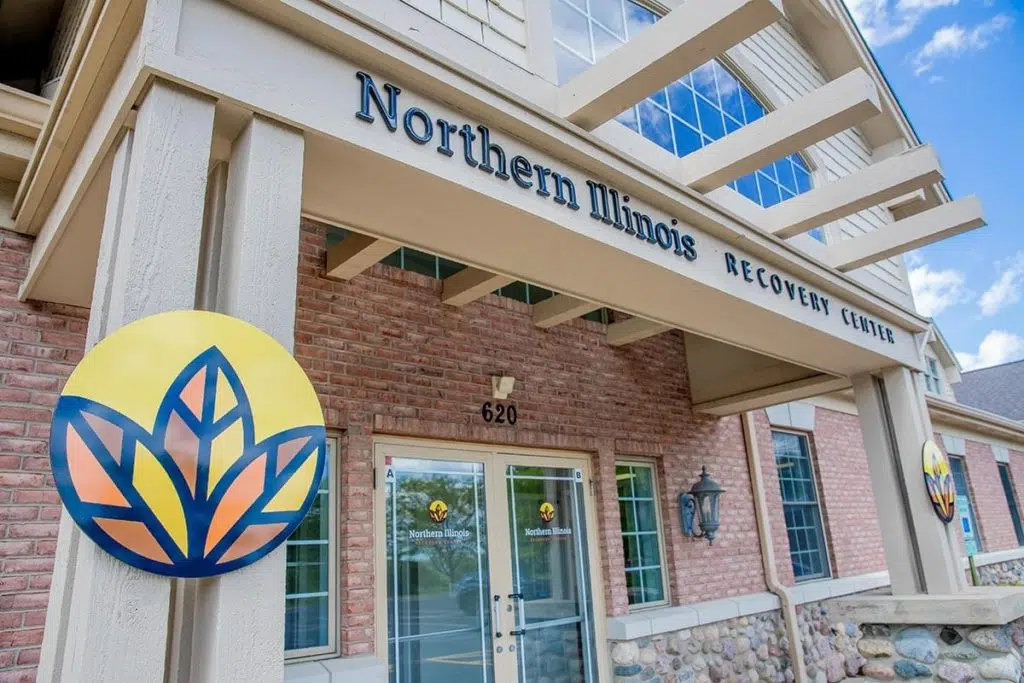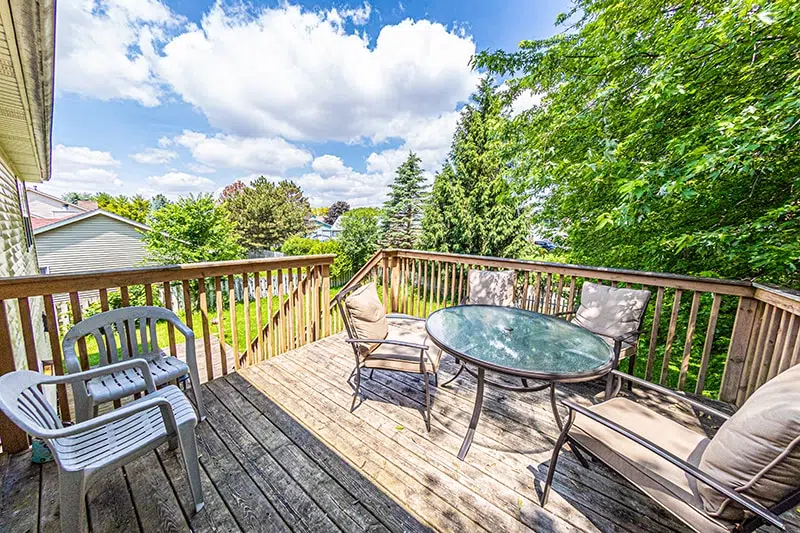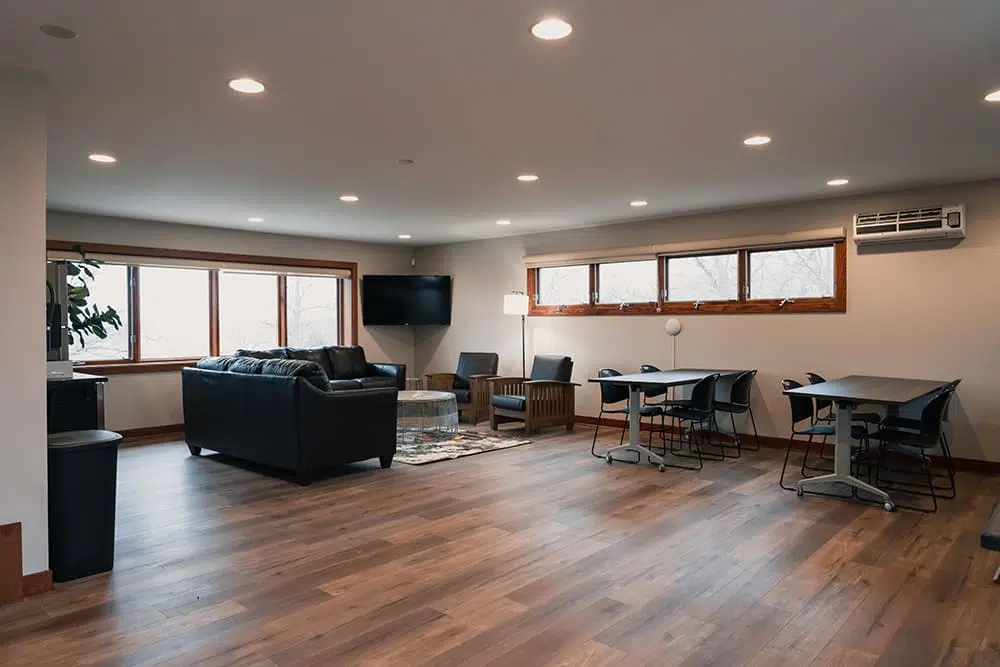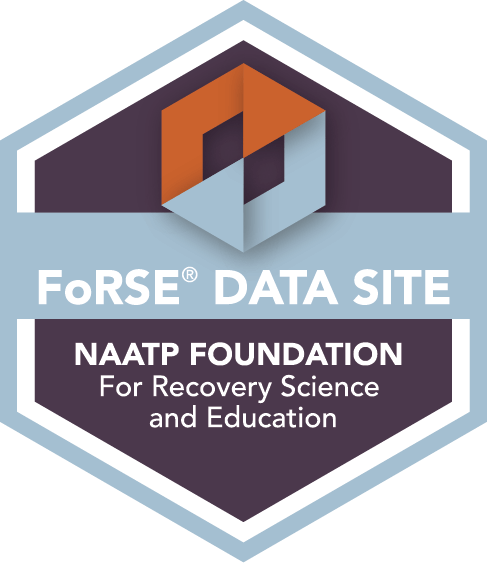After completing an addiction treatment program in Illinois, many people face the challenge of transitioning back into everyday life. The goal for many is to return to a normal life, regaining stability and resuming daily routines after treatment. Without the right support, substance use can quickly return, making this stage of recovery especially vulnerable. The absence of support can lead to a return to substance abuse, including the use of drugs, increasing the risk of relapse. Some individuals feel ready to resume work, school, and family responsibilities right away, while others may still feel uncertain about managing these pressures without risking relapse.

That’s where sober living homes provide a critical bridge. A structured sober living program in Illinois offers a safe, supportive environment where residents can continue building healthy habits while gaining confidence in their independence. Sober living homes offer a fresh start for individuals seeking a new beginning in recovery, surrounded by a community that supports their journey. Most sober living homes require residents to take on responsibilities such as working, attending school, managing finances, and contributing to the household. These expectations foster accountability and help residents develop the life skills they need for long-term success.
At Northern Illinois Recovery, we encourage clients who may benefit from extra structure and community to consider sober living as part of their aftercare plan. For many, enrolling in a sober living program is the ideal next step toward building stability, strengthening relapse prevention skills, and preparing for independent sober living.

These living homes serve as a bridge between intensive treatment programs and the return to independent living. By providing structure, accountability, and peer support, sober living programs in Illinois help individuals in early recovery develop the skills and confidence needed to maintain sobriety. Residents benefit from being part of a community that understands the challenges of recovery and is committed to supporting one another every step of the way.
Whether someone is transitioning from a residential treatment center or seeking additional support after outpatient care, sober living homes in Illinois offer a stable foundation for continued growth. With a focus on community, support, and personal responsibility, these programs empower individuals to move forward in their recovery journey and build a healthier, substance-free future.
What Is a Structured Sober Living Program?
Sober living homes establish specific rules to create order and maintain a drug- and alcohol-free environment. Common expectations include regular drug and alcohol testing, with drug testing being a key component of the monitoring process, as well as curfews, participation in house meetings, and shared household responsibilities.
Residents are expected to work, attend school, volunteer, and meet financial obligations. These requirements not only promote accountability but also help individuals regain financial stability, develop time management skills, and rebuild self-confidence.
Most sober living homes in Northern Illinois are closely connected to local treatment providers and staffed by professionals and peers in recovery. Group meetings, peer mentorship, peer-led groups, and recovery-focused activities help residents strengthen coping skills and expand their sober support networks.
As residents progress, they gradually take on more responsibilities such as reconnecting with family, maintaining employment, and pursuing education. This step-by-step approach reduces relapse risk and makes independent living more sustainable.
Our approach to client care encompasses mind, body, and spirit as a unified whole.

Sober Living Homes vs. Halfway Houses
- Sober Living Homes are often privately owned, offer flexible lengths of stay, and focus heavily on peer accountability, structure, and personal growth.
- Halfway Houses are typically state-funded, may be court-mandated, and often have stricter time limits. They provide housing and services, but with less flexibility than private sober living.
At Northern Illinois Recovery, our sober living programs prioritize structure, accountability, and long-term support, helping clients build the confidence needed for lasting recovery.
What Is It Like Living in a Sober Living Home in Illinois?
- Shared or single bedrooms
- Daily household chores
- Visitor hours and set mealtimes
- Curfews to encourage accountability
- Required attendance at house meetings and recovery support groups
These homes serve as a safe place for individuals in recovery, offering a stable and supportive setting. The services offered to residents often include structured routines, peer support, and access to recovery resources.
Many Illinois sober living homes—such as Oxford Houses—are nonprofit, peer-run environments that house between six and fifteen residents. The recommended stay is at least 90 days, though some individuals benefit from longer-term housing.
This supportive environment helps residents transition gradually, preparing them to reintegrate into society while strengthening their recovery.

The Benefits of Sober Living in Northern Illinois
Key Benefits Include:
- Job search and placement support
- Opportunities for counseling and peer mentorship
- Connection to support groups like AA and NA
- Longer-term residence options for continued stability
- Distance from people, places, and situations that may trigger relapse
Substance use disorders do not have to define your future—sober living can give you the stability and support you need to move forward.
Mental Health Support in Sober Living Homes
Most sober living programs offer services that help residents strengthen their emotional well-being and maintain sobriety, including:
- Counseling services for individual or group therapy
- Peer-led support groups to process shared experiences
- House meetings and routines that build accountability and structure
- Case management to connect residents with community resources
- Outpatient treatment options to support ongoing recovery after inpatient or residential care
- Access to 12-Step programs such as Alcoholics Anonymous (AA) and Narcotics Anonymous (NA)
- Life skills training to promote personal growth and independence
Peer support is especially vital. Living alongside others in recovery encourages open communication, accountability, and encouragement, which are essential for long-term sobriety.
Sober living homes in Illinois, including those in Chicago, are regulated to ensure a safe and consistent recovery environment. With structure, support, and access to mental health resources, residents gain the tools they need for independent living and lasting recovery.
Sober Living FAQs
The cost of sober living in Illinois can vary depending on the facility, location, and program structure. On average, residents can expect to pay a monthly fee that covers housing, utilities, and support services. Non-profit or peer-run sober homes may cost less, while structured private residences may be higher. Many homes encourage residents to work or attend school to help cover expenses.
Most experts recommend at least 90 days in a sober living home, though some people benefit from staying six months or longer. The length of stay often depends on personal progress, financial stability, and readiness to live independently while maintaining sobriety.
Both provide transitional housing for people in recovery, but there are key differences. Halfway houses are often state-funded, may have time limits, and sometimes serve court-mandated residents. Sober living homes are usually privately owned, have flexible lengths of stay, and focus more on peer accountability, structure, and building life skills.
Many sober living homes encourage or require participation in 12-Step groups such as Alcoholics Anonymous (AA) or Narcotics Anonymous (NA). Others may offer alternative recovery support programs. The goal is to ensure residents have accountability and a strong support network outside of the home.
Yes. In fact, most sober living programs in Illinois require residents to work, attend school, or volunteer. These responsibilities help individuals rebuild routines, develop accountability, and prepare for independent living.
Most sober living homes in Illinois allow visitors during designated hours, though each facility sets its own rules. Visitor policies are designed to balance support from loved ones with protecting the recovery environment.
While rules vary by facility, common expectations include maintaining sobriety, submitting to drug and alcohol testing, completing household chores, paying rent on time, and participating in house meetings. These rules create accountability and help maintain a safe, structured environment.
Sober living is often recommended for people who feel uncertain about returning home after treatment, those who lack a stable living environment, or anyone who wants added accountability in early recovery. It can provide the extra structure needed to maintain long-term sobriety.


Get Help and Live Sober with Northern Illinois Recovery
- Outpatient and intensive outpatient programs (IOP)
- Referrals for medical detox when needed
- Dual diagnosis treatment for co-occurring mental health disorders
- Aftercare programs for continued support
- ADHD treatment programs
- Anxiety treatment programs
- Bipolar disorder treatment programs
- Depression treatment programs
- PTSD treatment programs
Choosing a structured sober living home in Illinois gives you the stability, accountability, and support you need to rebuild your life after treatment. The time you invest now will pay dividends in your recovery, your relationships, and your future.
If you or a loved one is ready to take the next step, contact Northern Illinois Recovery today. Our team will help you transition from treatment to independent sober living with confidence and support.





